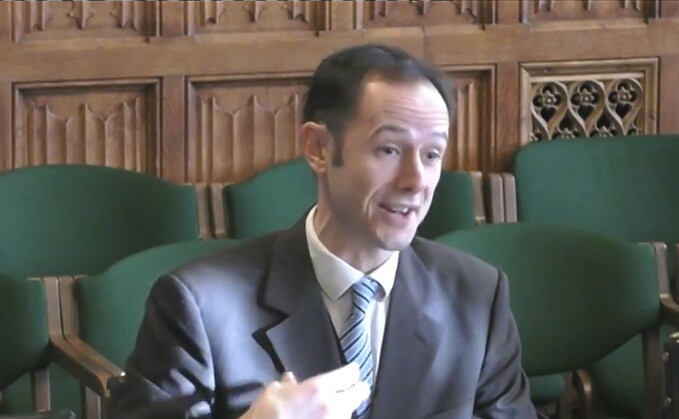
Nangle said the sheer size of scheme LDI positions had unsettled the market
The systematic risk of pension funds all investing in similar liability-driven investment (LDI) strategies was the cause of last year’s crisis in markets, the Work and Pensions Committee (WPC) has heard.
In the first session of the fourth formal meeting of the WPC's inquiry into defined benefit pensions with LDI - held this morning (1 February) - the committee heard evidence from people including B...
To continue reading this article...
Join Professional Pensions
Become a Professional Pensions Lite Member today
- Three complimentary articles per month covering the latest real-time news, analysis and opinion from the industry
- Receive important and breaking news stories via our two daily news alerts
- Hear from industry experts and other forward-thinking leaders
Are you a trustee, investment consultant or in-house pension and benefit scheme professional? You can apply for full complimentary access here









